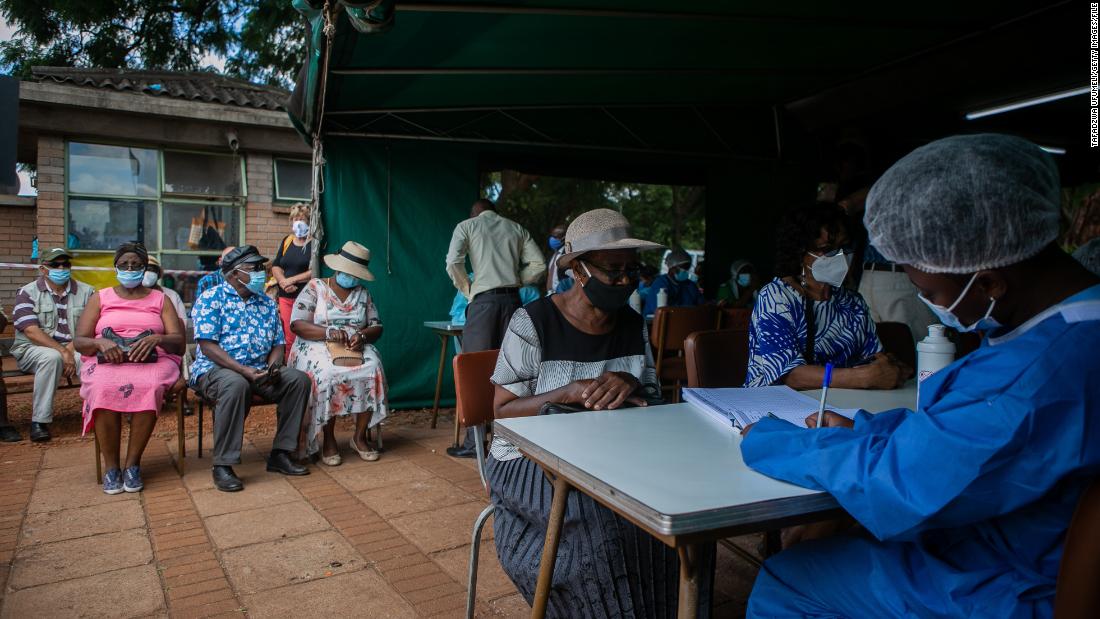[ad_1]
New York Governor Andrew Cuomo speaks at a press conference at Yankee Stadium in New York in July 2021. The governor has announced he will step down by August 24.
Richard Drew / AP
hide caption
toggle legend
Richard Drew / AP
As New York Gov. Andrew Cuomo wraps up his last two weeks in office after announcing his resignation on Tuesday, the New York General Assembly’s impeachment inquiry into the governor appears to be coming to a halt. To close soon.
The Assembly Judiciary Committee gave Cuomo a Friday deadline to submit further evidence and defense statements as it examines allegations of sexual misconduct against Cuomo and the misuse of funds and resources from the state. It’s unclear if impeachment goes ahead after this, but some lawmakers are adamant that impeachment is a necessary step to hold Cuomo accountable and prevent him from running again.
“The impeachment inquiry does not automatically end just because the governor has resigned. It can continue … we haven’t heard anything about it yet,” New York State Senator Andrew Gounardes told NPR, adding that he believes the investigation should go ahead.

Assembly Speaker Carl Heastie did not provide an update on the investigation since Monday, but the chamber’s judicial committee is still scheduled to meet early next week, Aug. 16, to review the documents.
Heastie posted a declaration Tuesday, saying Cuomo’s decision to step down was the right one.
“The courageous women who came forward were heard. Everyone deserves to work in a harassment free environment. I spoke with the lieutenant governor [Kathy] Hochul and I look forward to working with her, ”he said.
Heastie’s office did not respond to a request for comment when asked if the impeachment and investigation process would continue.
There is a sense of urgency among lawmakers
As lawmakers wait to hear the next steps from the leadership of the Assembly, there is still an urgent need to hold Cuomo accountable.
“We miss a lot of sunshine in this process,” Assembly member Yuh-Line Niou said of Cuomo’s resignation. “We still owe it to the victims of the governor’s predatory behavior to have a full account of what happened, even though he is no longer in power. We should certainly feel an urgency.”

Earlier this month, an investigation by New York Attorney General Letitia James found Cuomo sexually harassed at least 11 women and retaliated against an employee who made his experience public. But the Assembly impeachment inquiry not only examines Cuomo’s claims sexual misconduct. He is also examining reports of other alleged abuses of power, including whether Cuomo abused government funds for his book deal. There is also another state investigation into why thousands of nursing home deaths from COVID-19 have gone unreported under Cuomo.
Cuomo, for his part, apologized for his actions but called the sexual harassment allegations “false” and said the investigation was “politically motivated.” He also denied that there was an undercoverage of nursing home patients who died from COVID-19.
“We still have to be accountable for all his wrongdoing while he was there,” Gounardes said.
Niou, a Democrat, added that she and many of her colleagues were also just plain tired of Cuomo’s efforts to shirk responsibility. When Cuomo announced he was stepping down, Niou was at an Assembly hearing on eviction and housing, and said she and her colleagues high-fived and applauded upon hearing the news.
Cuomo’s problems could go beyond impeachment
The impeachment of a sitting governor in New York has only taken place once in recent history – William Sulzer, who was elected governor in 1912 and impeached in 1913 – so there are few previous for the process. But in the wake of Cuomo’s resignation, lawmakers are weighing another aspect of impeachment: They could vote to ensure Cuomo can never run for office again.
Impeachment isn’t the only way Cuomo could still be held accountable. A criminal complaint filed by one of Cuomo’s assistants who says Cuomo tampered with her has already been filed against him and it is possible that he could face civil lawsuits as well, Michelle Simpson Tuegel told NPR, a women’s rights advocate.
Simpson Tuegel acknowledged that voters and lawmakers likely feel exhausted by impeachments, but said if lawmakers choose not to move the impeachment process forward for political reasons, it would be a “way out of court.”
“This is where it is important to have multiple systems for victims to seek justice, and I hope we will see that,” she said.
[ad_2]
Source Link






